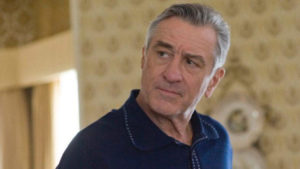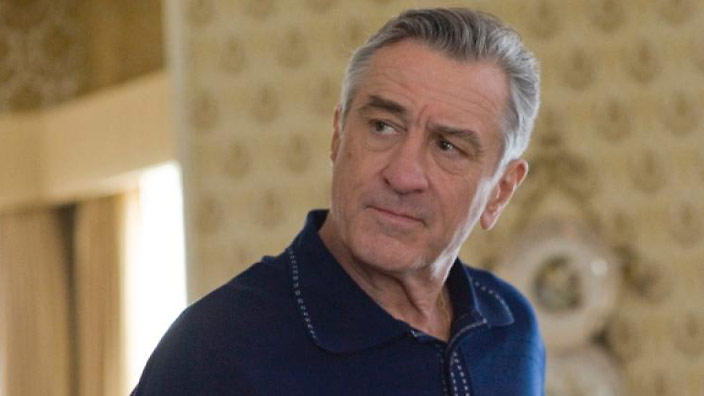How Robert De Niro Got into Acting

Robert De Niro, a two-time Academy Award winner, is widely regarded as one of the greatest actors of all time. Known for his transformative performances in films like Raging Bull, Taxi Driver, and The Godfather Part II, De Niro’s career is a masterclass in dedication and craft. But his ascent to Hollywood royalty began with humble beginnings, a love for storytelling, and a relentless commitment to his art.
A Bronx Tale
Born on August 17, 1943, in New York City, Robert Anthony De Niro grew up in Manhattan’s Little Italy neighborhood. His parents, both artists, divorced when he was two, and De Niro was primarily raised by his mother. Despite the challenges of a single-parent household, creativity was ever-present. “My mother was a painter, and my father was a sculptor and painter. I grew up around art,” De Niro recalled.
As a shy and introverted child, De Niro found an outlet in performing. At age 10, he made his stage debut as the Cowardly Lion in a school production of The Wizard of Oz. “I remember the thrill of being on stage,” he said. “It was a way to step outside myself and become someone else.”
Early Training and Struggles
De Niro’s fascination with acting deepened during his teenage years. He dropped out of high school at 16 to study acting full-time, enrolling at the Stella Adler Conservatory and later at Lee Strasberg’s Actors Studio. There, he immersed himself in Method Acting, a technique that would define his career.
“I was drawn to the idea of living truthfully in a role,” De Niro explained. “Stella Adler taught me the importance of preparation, while Lee Strasberg showed me how to connect emotionally with a character.”
His early years as an actor were marked by struggles. De Niro worked odd jobs to make ends meet while auditioning for roles. “There were times when I doubted myself, but I kept going because I loved acting,” he said.
A Partnership with Scorsese
De Niro’s first major film role came in Greetings (1968), a satirical comedy directed by Brian De Palma. While the film brought some recognition, his true breakout came through his collaboration with Martin Scorsese.
In 1973, De Niro starred in Scorsese’s Mean Streets, delivering a performance that caught the attention of critics and audiences alike. “Marty and I had an immediate connection,” De Niro said of the director. “We understood each other’s vision, and that became the foundation of our partnership.”
Their collaboration reached new heights with Taxi Driver (1976), in which De Niro portrayed the troubled Travis Bickle. His iconic line, “You talkin’ to me?” was improvised, showcasing his ability to bring authenticity to his roles. Reflecting on the film, De Niro said, “It was a character I could relate to in terms of his loneliness and alienation. I wanted to explore those emotions deeply.”
The Method Behind the Madness
De Niro became famous for his commitment to Method Acting, often undergoing dramatic physical transformations for his roles. For Raging Bull (1980), he gained over 60 pounds to portray boxer Jake LaMotta, a performance that earned him an Academy Award for Best Actor. “I wanted to understand the character completely — his body, his mind, his soul,” De Niro explained.
His dedication extended beyond physical preparation. For The Godfather Part II (1974), De Niro learned to speak Sicilian fluently, earning his first Oscar for portraying the young Vito Corleone. “When you immerse yourself in a role, it’s not just about acting — it’s about living the character’s life,” he said.
A Legacy of Excellence
Over the decades, De Niro has continued to deliver unforgettable performances in films like Goodfellas, Casino, and The Irishman. Beyond acting, he has expanded his repertoire to directing and producing, further cementing his influence in the industry.
When asked about his enduring passion for acting, De Niro once said, “Acting is a way to explore humanity. Every role is a chance to understand life from a new perspective.”
Inspiration for Aspiring Actors
Robert De Niro’s journey from a shy boy in Little Italy to one of cinema’s most iconic figures is a testament to hard work, resilience, and an unwavering love for storytelling.
His advice to aspiring actors? “Stay curious, stay dedicated, and never stop learning. Success comes when you’re willing to put in the work — and when you truly believe in what you do.”
De Niro’s legacy serves as an enduring reminder that greatness is achieved not by shortcuts, but by a relentless pursuit of excellence.




